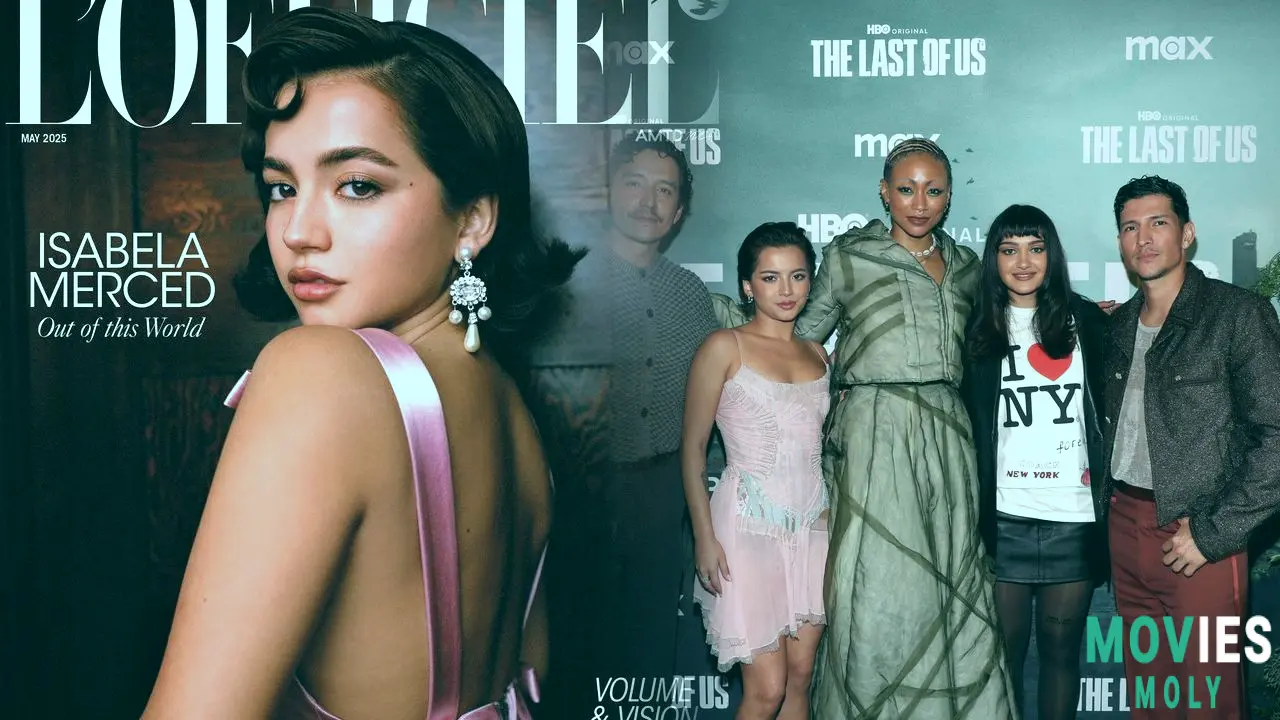In a show already lauded for its emotional depth and character-driven storytelling, Isabela Merced has quietly but undeniably broken through as The Last Of Us’s Dina. While the video game gave us a glimpse of Dina’s role in Ellie’s life, the HBO adaptation is peeling back layers — and giving Merced the space to transform Dina from a supporting presence into a fully realized, emotionally complex protagonist.
Isabela Merced turns Dina into a layered emotional center of the showMerced’s performance shines most brightly in the show's third episode, “The Path”, where a small but significant scene inside a tent rewrites the emotional trajectory of Dina’s relationship with Ellie. It’s a moment that doesn’t just flirt with fan expectations—it subverts them in the most meaningful way. Fans of the game may recall the nature of Dina and Ellie’s relationship being more certain, more established. The show, however, dares to explore the beginning of that dynamic rather than mirror the ending.
In a rainy, slightly awkward confession of feelings, Dina teases Ellie after a New Year’s kiss with the line, “You’re gay, I’m not.” On the surface, it’s a flirtatious misstep. But in Merced’s hands, it becomes a poignant expression of self-discovery, uncertainty, and grief. Dina isn’t denying Ellie. She’s finding herself. And she’s doing it while emotionally littered from a world that’s already taken too much from her.
The show gives Dina a coming-of-age arc soaked in trauma and tenderness
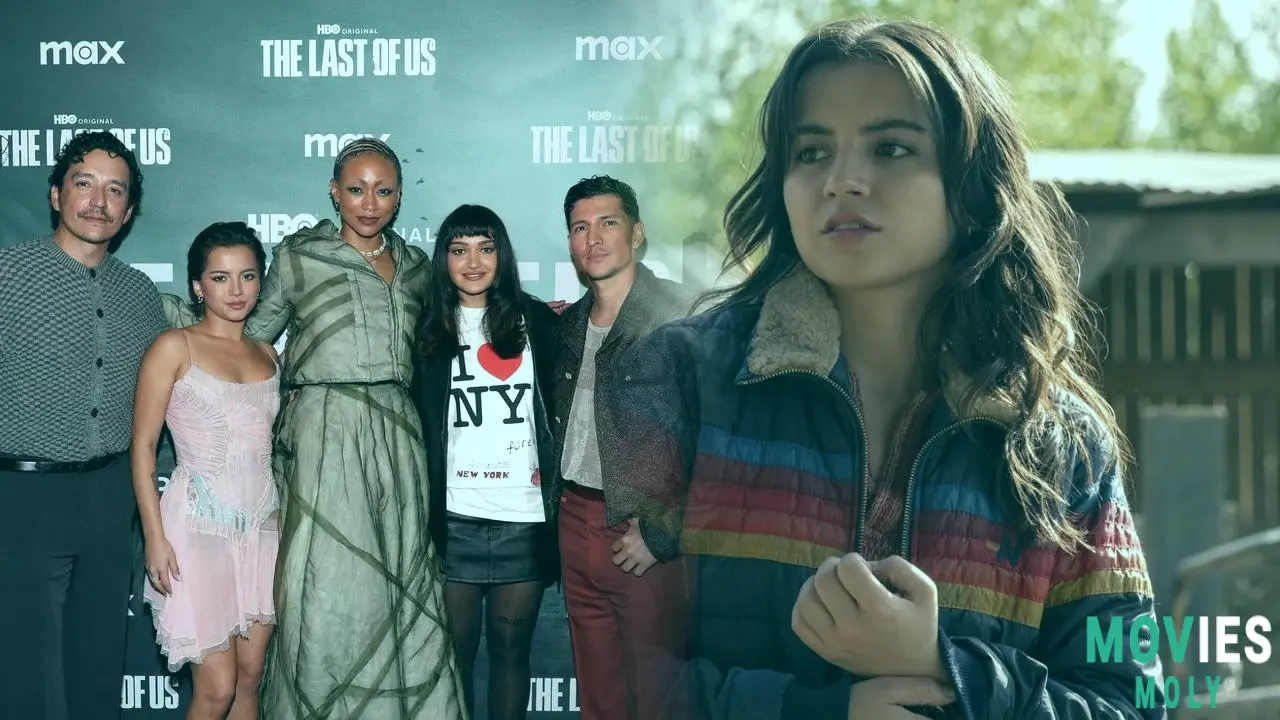
This is the kind of storytelling that separates The Last of Us series from most adaptations. Rather than simply retell the game’s plot, the show expands on the emotional ecosystem of its characters. Merced doesn’t just play Dina—she lives her growing pains. She’s playful one moment, strategic the next. She’s caught in a love triangle with Jesse and Ellie, not out of indecision, but out of genuine emotional exploration. And when her first public same-sex kiss with Ellie is met with hate, Merced’s subtle break in composure speaks volumes. It’s a real moment. A moment that lands not because it was written to land, but because it echoes lived experiences.
What’s especially powerful is how the show lets Dina fluctuate—between confidence and insecurity, hope and fear, affection and distance. It’s a godsend for a character who, in the games, was often seen through the narrow lens of Ellie’s journey. Here, Dina has her own journey. And Merced is making sure we don’t just watch it—we feel it.
Isabela Merced’s Dina transforms the dynamic of love and revenge in Season 2
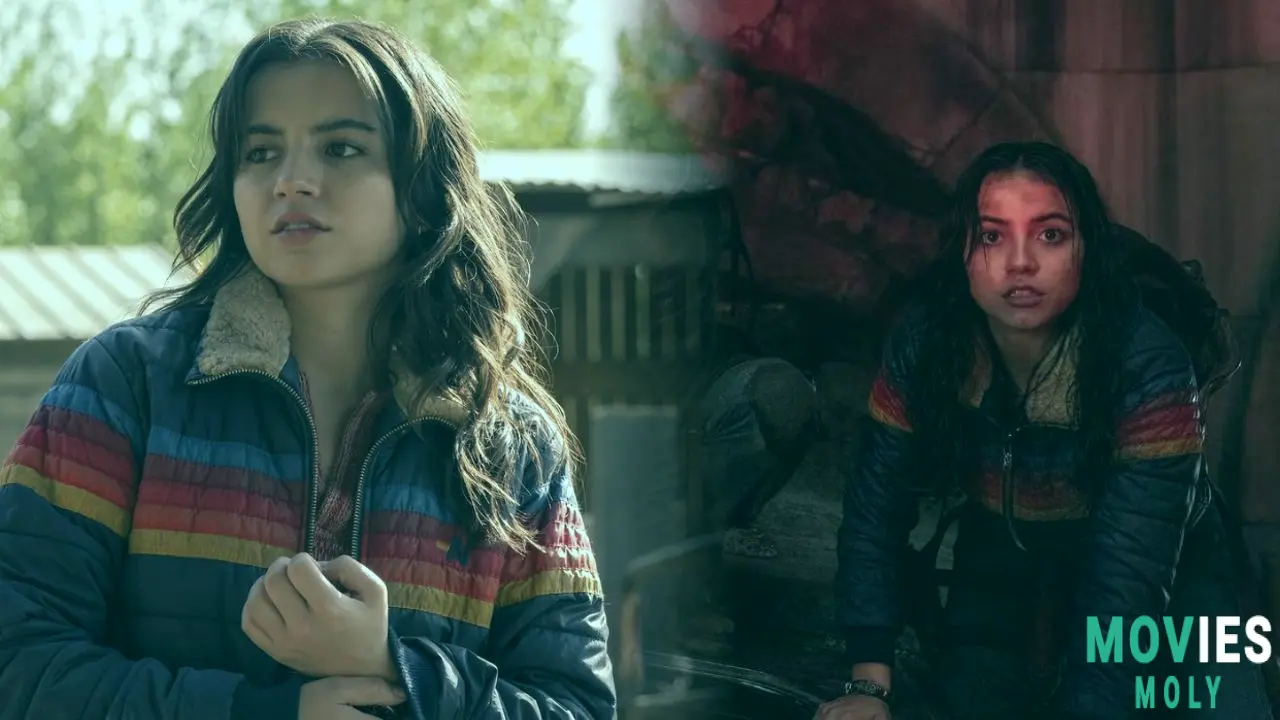
Episode 4 delivers another emotional jolt, as Dina reveals she’s pregnant. The confession doesn’t come with fear or hesitation, but with love—she’s in love with Ellie. The word hangs in the air, heavy with implication. Now, these two survivors aren’t just partners in chaos—they’re building a future. Or at least, trying to. And like everything in The Last of Us, that future is relentlessly questioned by the present.
Merced’s Dina is no longer just surviving. She’s deciding. Deciding what she’s willing to risk, what she believes in, and who she is—beyond Ellie, beyond Joel, beyond the hunt for Abby. When Dina says “Together” in response to Ellie’s plea to stay safe, it’s a promise. But it’s also a gamble. And that’s what makes it so compelling. These aren’t hardened warriors with nothing to lose. They’re lovers, soon-to-be-parents, and teenagers in a goddamn apocalypse, trying to hold onto something human.
Dina’s evolving relationship with Joel adds a new emotional dimension
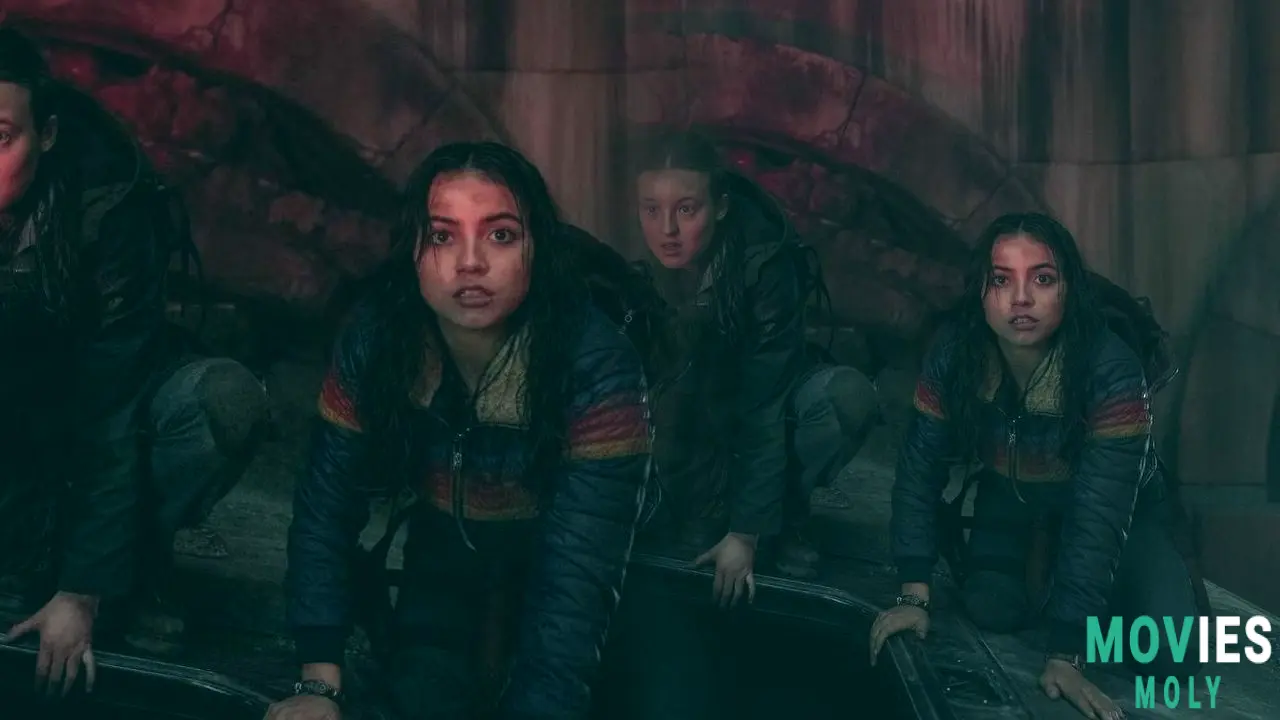
One of the most intriguing threads the show is weaving, and Merced is subtly threading into her performance, is Dina’s connection to Joel. The game largely kept Dina’s perspective on Joel under the radar, focusing instead on Ellie’s trauma. The show, however, is giving Dina moments to process Joel’s death in her own way. She’s not just reflecting Ellie’s grief—she’s experiencing her own. And this trip to Seattle, planned by Dina, feels less like a side mission and more like a personal quest.
Will the show explore what Dina truly feels about Joel? Will it give her a reckoning that’s separate from, but parallel to, Ellie’s? Given how carefully Merced plays these moments—small glances, pauses, understatements—it feels inevitable. And it feels necessary.
Isabela Merced is turning Dina into a deuteragonist worth rooting for
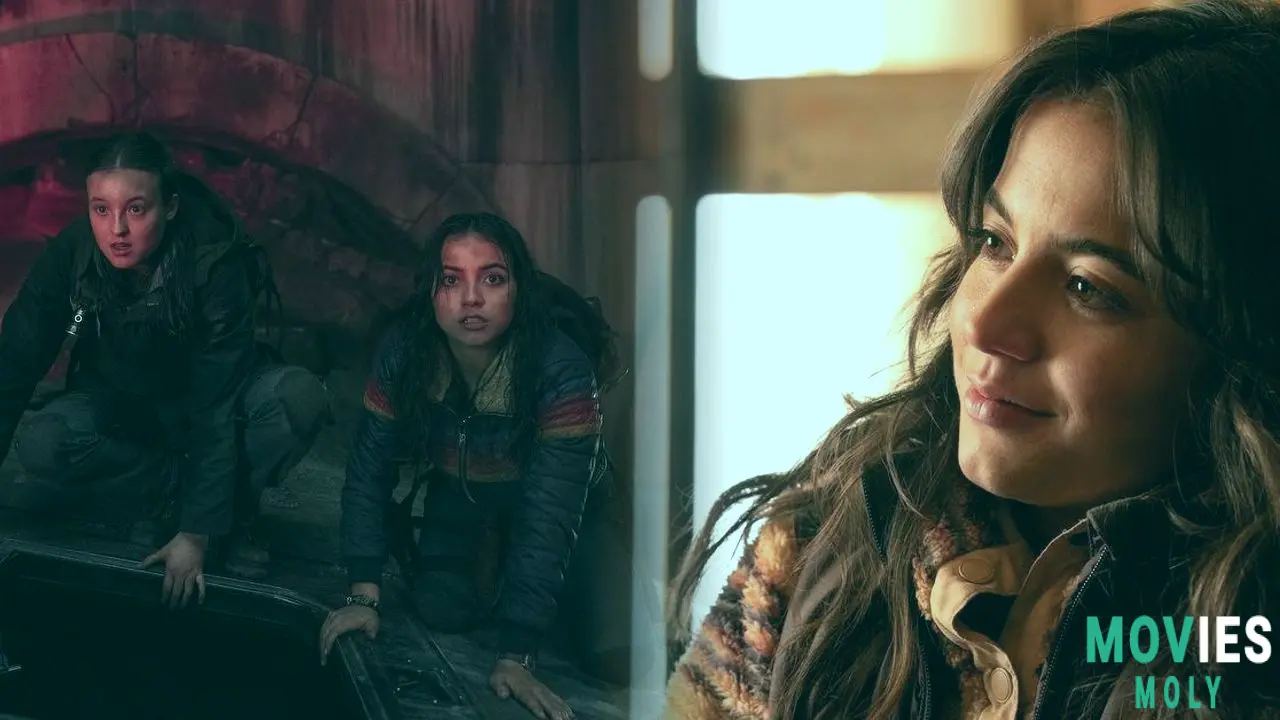
What’s most exciting about Merced’s Dina is that she’s not just filling a role—she’s redefining it. The term deuteragonist gets thrown around a lot, but Dina is earning that status episode by episode. She’s not just Ellie’s love interest. She’s her partner, her foil, her anchor, and maybe her undoing. And she’s doing it while still being allowed to be young, flirtatious, confused, and strong all at once.
Isabela Merced isn’t just adapting a character—she’s reclaiming her. And in a series about what it means to be human when humanity itself is collapsing, that might be the most powerful performance of all.

